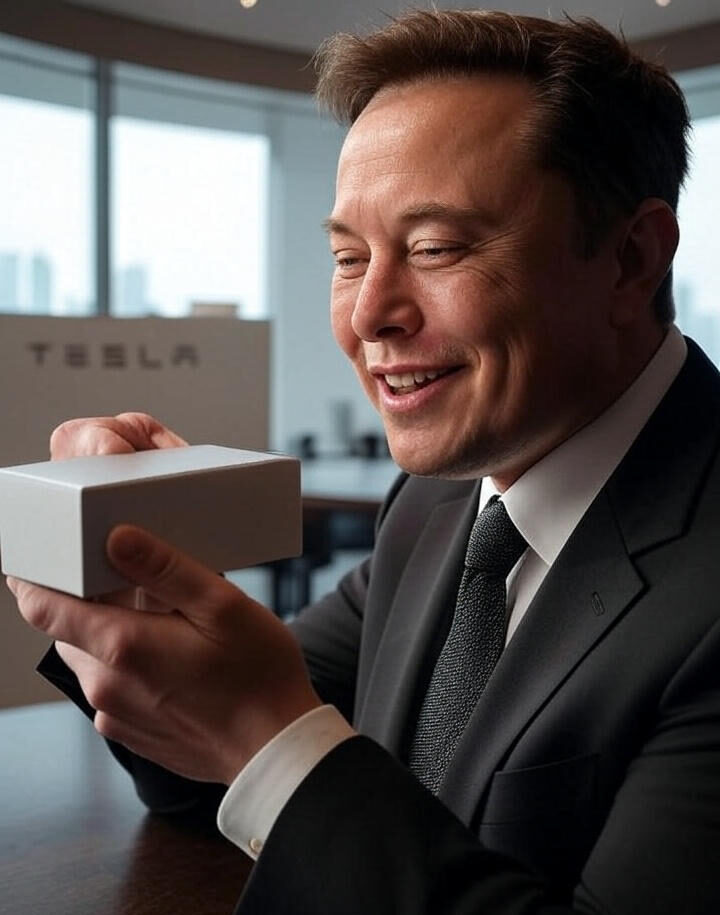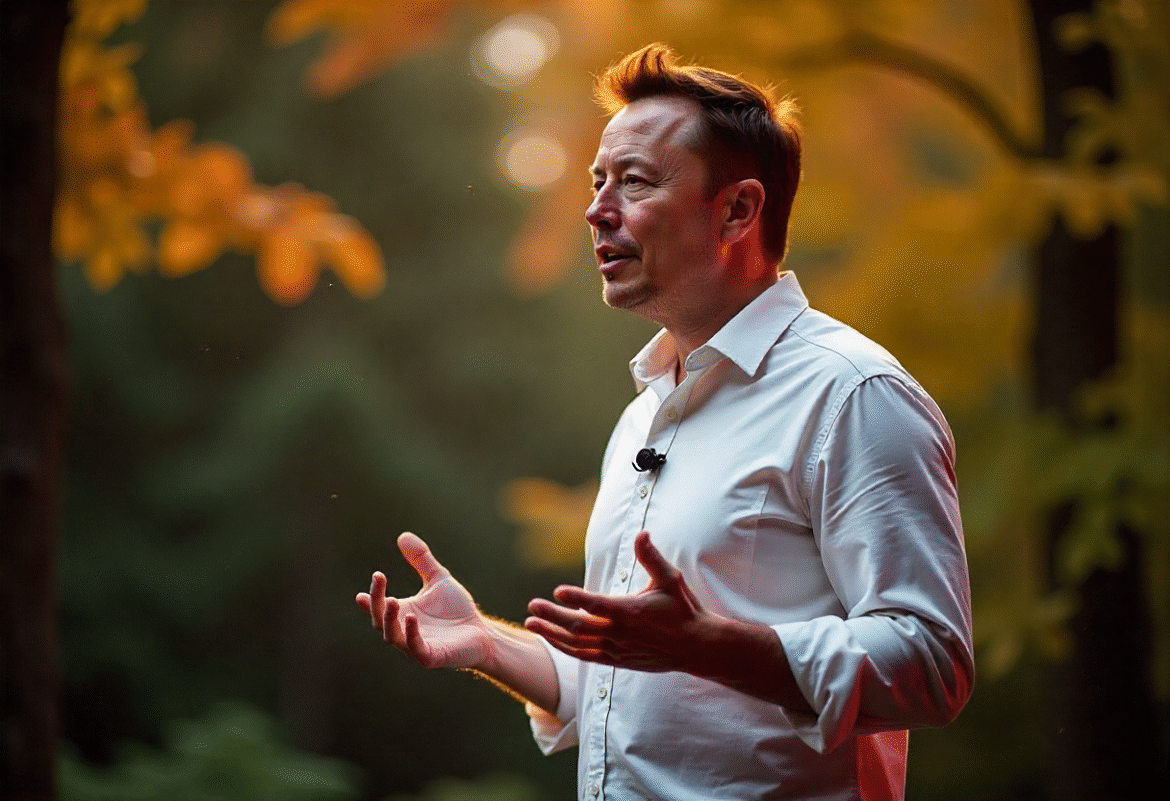Overview
Tesla’s board recently approved an “interim award” worth roughly $29 billion, granting CEO Elon Musk 96 million restricted stock shares as a strategic effort to retain him through a pivotal transition period (Reuters).
1. Background & Legal Context
- Musk’s original 2018 CEO compensation plan valued at around $55 to 56 billion was invalidated by a Delaware judge in early 2024, who ruled it was improperly negotiated with non independent directors (Wikipedia, Wikipedia, AP News).
- Musk appealed, and Tesla responded by formulating a special committee to reconsider executive compensation (Reuters).
2. The New $29 B Plan
- The board approved a 96 million share grant, currently valued at about $29 billion, requiring Musk to remain in a key executive role until August 3, 2027 before vesting (Reuters).
- Musk must pay $23.34 per share, matching the 2018 plan’s exercise price. Importantly, he can’t sell vested shares until August 3, 2030, due to a five year lockup period(Globedge).
- The award is explicitly conditional: if the Delaware courts restore the 2018 package, this new award will be forfeited or offset to prevent “double dipping” (Reuters).
3. Why Tesla Made the Award
- Tesla’s board called the payment a “good faith” interim step, honoring Musk’s past contributions and securing his continued leadership as the company shifts toward AI, robotics, robotaxis, and humanoid robots (Reuters).
- Wedbush analyst Dan Ives projected that this incentive would likely ensure Musk remains at Tesla until at least 2030, helping ease shareholder worries and removing uncertainty surrounding his long‑term commitment (CBS News).
4. Company Challenges & Governance Considerations
- Tesla’s share price has dropped approximately 25% to 30% in 2025, driven by slowing sales, backlash over Musk’s political affiliations (notably support for Donald Trump), and intensifying competition from Chinese EV makers like BYD (AP News).
- Critics argue Musk is overcompensated, pointing out that no other tech CEO receives anywhere near such sums; Pay packages by Alphabet’s Sundar Pichai or Microsoft’s Satya Nadella pale in comparison (New York Post).
- Corporate governance experts note this move hints at Tesla board’s dependence on Musk, raising questions about their bargaining power and oversight capabilities (ft.com).

5. Implications for Tesla & Musk
- If Musk remains through August 3, 2027, the award vests but only becomes liquid after the 2030 hold period, aligning his financial interest with Tesla’s long term performance.
- Increased stock lockup and required purchase price give Musk greater voting and financial stake, boosting his control from ~13% to around 15% ownership (The Guardian).
- The plan sets the stage for a new, broader compensation model to be voted on at Tesla’s Nov 6, 2025 shareholder meeting, offering more clarity and stability going forward (The Verge).
6. Summary
- This $29 billion interim share grant is Tesla’s attempt to both honor Musk’s past achievements and lock in his leadership at a moment when the company must navigate heavy competition and shift toward higher tech ambitions.
- The package is laden with vesting conditions, forfeiture clauses, and lockups to protect shareholders yet controversy endures over whether it’s excessive or misaligned with broader governance norms.
Reference Websites
- Tesla awards CEO Musk millions of shares, ~$29 billion grant (AP News) (Reuters, AP News)
- Tesla approves 96M share interim award to Elon Musk (~$29 billion) (Reuters) (Reuters)
- Musk to get 96M shares vesting in 2027 with lockup until 2030 (MarketWatch) (New York Post)
- Coverage of governance implications and retention imperative (NY Post / Times of India / FT) (The Times of India)

